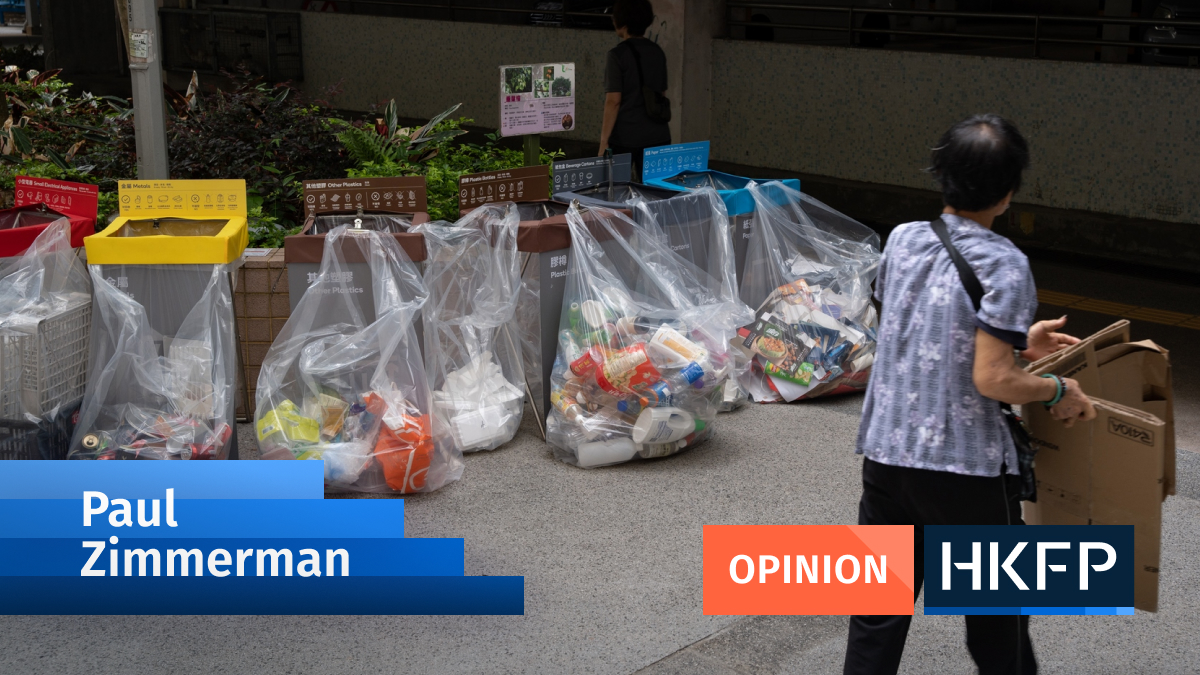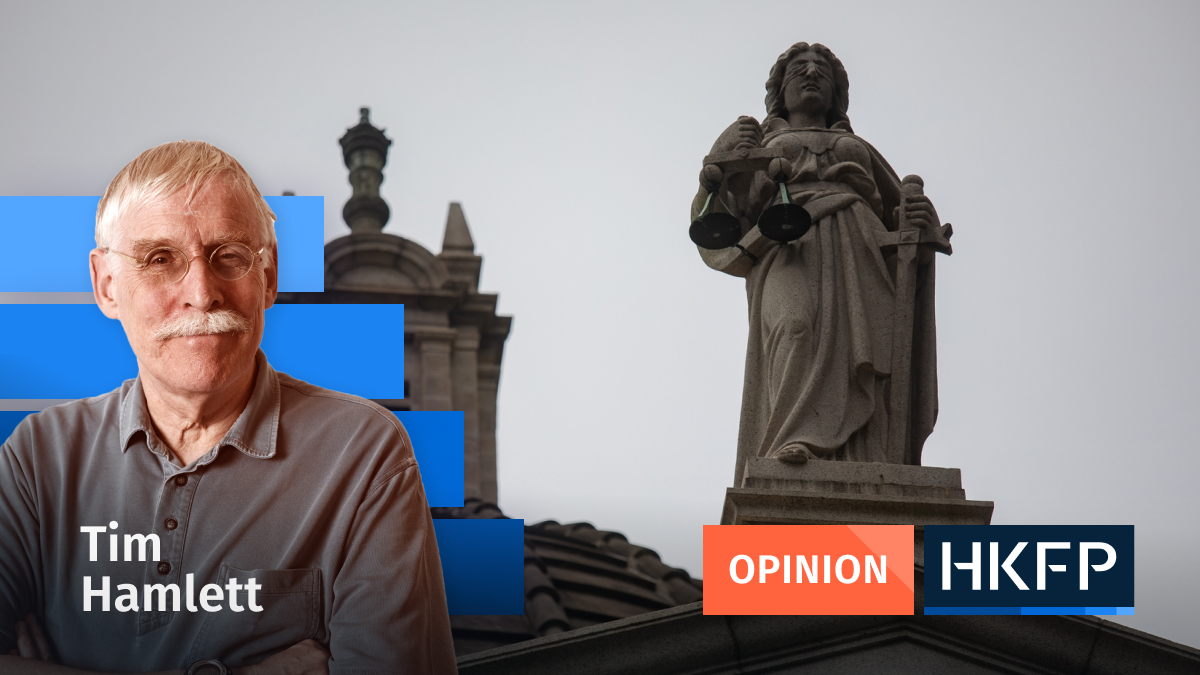Hong Kong has a problem with history and the recent incident of official vandalism at the more than century-old Roman-style underground reservoir at Bishop’s Hill in Shek Kip Mei serves as a timely reminder.
As ever it was ordinary citizens who have saved the day – not the high and mighty officials who are supposed to be keeping an eye on these things.

The notably lax folk who run the Antiquities and Monuments Office sound very much like a recalcitrant schoolboy explaining his lack of homework by claiming that it was eaten by the dog. They are also full of excuses. On the one hand, officials have tried to shifted blame to the Water Authority for not alerting them to the existence of this wonderful piece of utilities architecture, while on the other saying that because it was below ground it was really hard to investigate.
Meanwhile a part of this structure has been destroyed but thanks to local initiatives, not least by district council members, work has been called to a halt while an assessment is made of historic value.
Were this the worst case of official heritage vandalism it would still be bad. However, as I discovered in writing a small book called ‘Colonial Hong Kong’, there is a long history of demolition, neglect and re-writing of the past.
What remains of Hong Kong’s main thoroughfare, Queen’s Road? Who allowed the historic Hong Kong Club to be pulled down and replaced by an aggressively ugly sky scrapper? And why are such extraordinary efforts made to obscure Possession Point, now buried in a mundane park but is a place of immense significance, marking where the Union Flag was first hoisted prior to the establishment of the colony?
Often the reasons for allowing Hong Kong’s built history to disappear are explained by either sheer negligence or by a fever for profit which puts selling off the heritage ahead of preserving it.

Overshadowing the government’s ambiguous relationship with preservation is the heavy colonial associations of most historical places.
Only a regime that does not feel comfortable in its own shoes will be nervous about remembering the past. And only idiots will have difficulty distinguishing between preserving history and passing a value judgement on it.
Obliterating memory of the past is a speciality of dictatorships whose mantra is that they are building a new future unencumbered by the past. Yet, even on the Mainland where destruction of the past reached a heady pitch during the Cultural Revolution, there is growing recognition that history did not begin in 1949 and that there is much worth preserving. In these circumstances treasuring the distant past is always safer than acknowledging more recent moments in history but, as it turns out, even more contemporary history, in places like Shanghai, is being brought back to life.
The quislings who run Hong Kong quiver in their boots when they hear the word colony and, unlike the more self-confident cadres in the North, are extremely nervous of doing a single thing that might suggest nostalgia or even recognition of the past.
Early on after the SAR was established they got into a tizzy over the letter boxes painted red, often bearing the royal insignia. Vats of green paint were rapidly ordered to change their appearance. Instead of preserving the Legislative Council building to do the job it has performed for some years, it was shifted over to the new Tamar complex, a new seat of government for a new era and, fittingly, designed to be as dull as possible. And, as we have recently discovered, to give physical form to the notion that Hong Kong does not enjoy separation of powers.

There is no need to make a fetish about preserving history but there is a need to provide context in all historical preservation efforts. An example of how this can be done is evident in the creation of the Tai Kwun complex which used to be the Central District Police Headquarters. So, it’s not as if Hong Kong lacks expertise in this matter. What is more substantially lacking is the courage to accommodate the past.
This may also explain official reluctance to enact an archive law for official documents, not to mention a proper system for releasing archive material. Bureaucrats everywhere have a dismal record for favouring secrecy over transparency and even in jurisdictions where elected governments prevail they have to be forced kicking and screaming into allowing access to official records.
Hong Kong not only lacks an elected government but is increasingly run by a system that lacks accountability, so there is only a slim chance of the long-awaited archive law coming into being or being inaugurated in a satisfactory manner
It is often said that the victors have the privilege of re-writing history, in Hong Kong, the quislings are not exactly victors, more like people who are afraid of their own shadows.
Support HKFP | Policies & Ethics | Error/typo? | Contact Us | Newsletter | Transparency & Annual Report | Apps
Help safeguard press freedom & keep HKFP free for all readers by supporting our team
| HKFP is an impartial platform & does not necessarily share the views of opinion writers or advertisers. HKFP presents a diversity of views & regularly invites figures across the political spectrum to write for us. Press freedom is guaranteed under the Basic Law, security law, Bill of Rights and Chinese constitution. Opinion pieces aim to point out errors or defects in the government, law or policies, or aim to suggest ideas or alterations via legal means without an intention of hatred, discontent or hostility against the authorities or other communities. |

More HKFP OPINION:
HKFP has an impartial stance, transparent funding, and balanced coverage guided by an Ethics Code and Corrections Policy.
Support press freedom & help us surpass 1,000 monthly Patrons: 100% independent, governed by an ethics code & not-for-profit.










